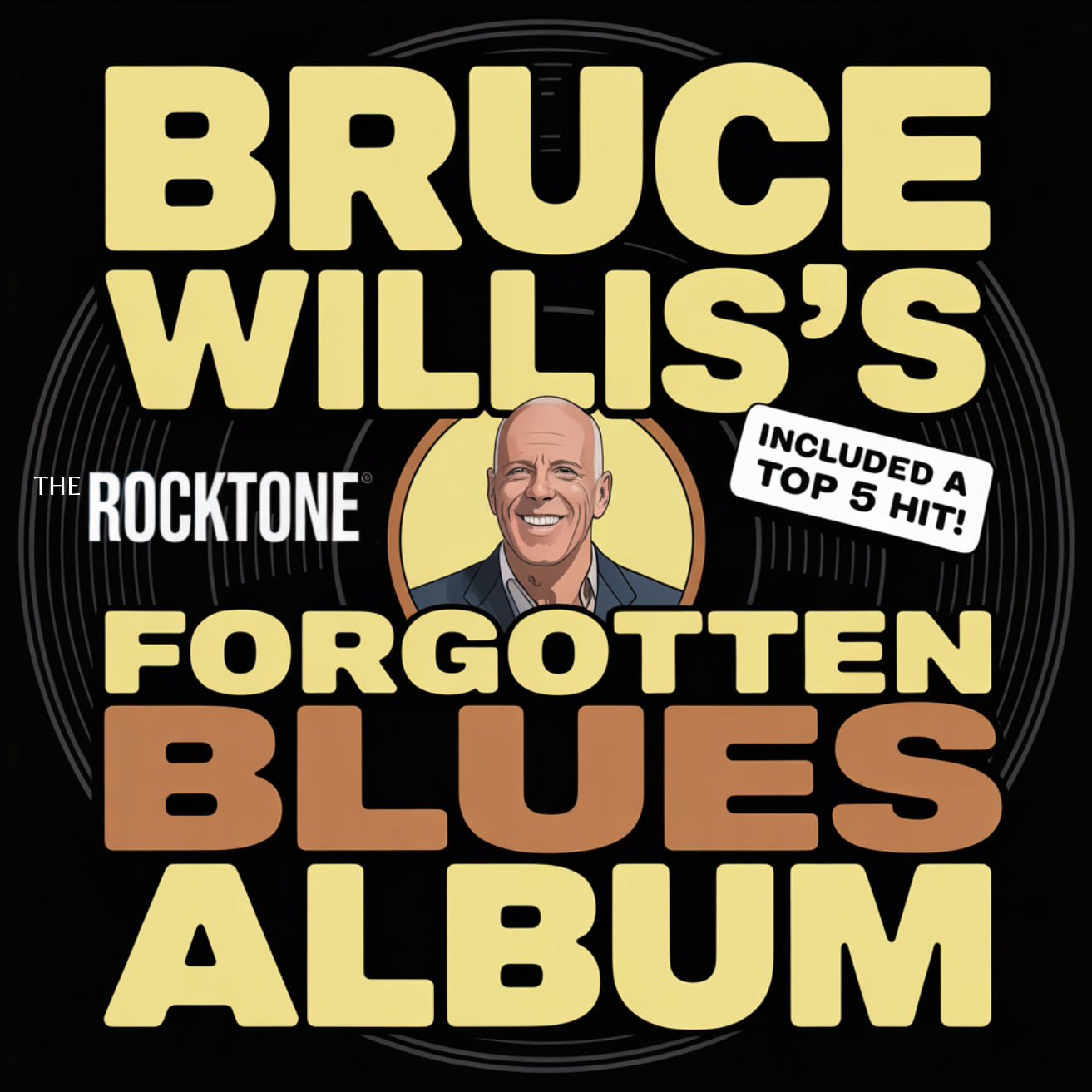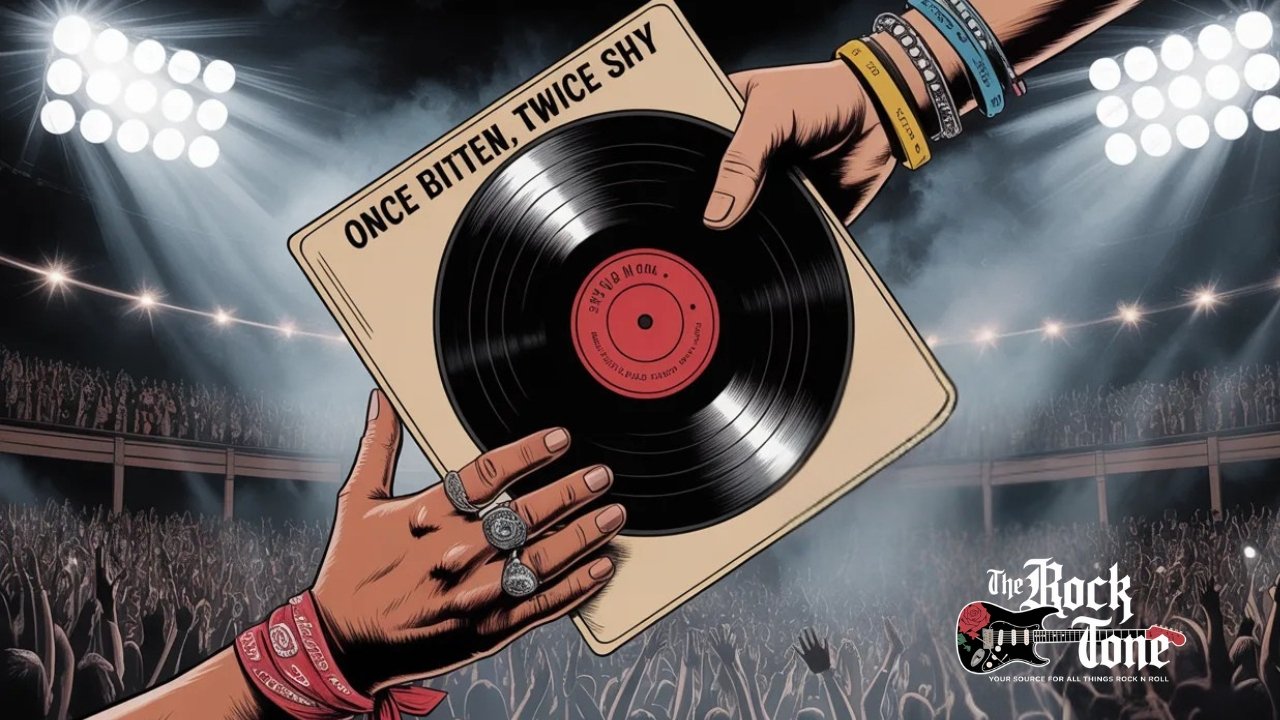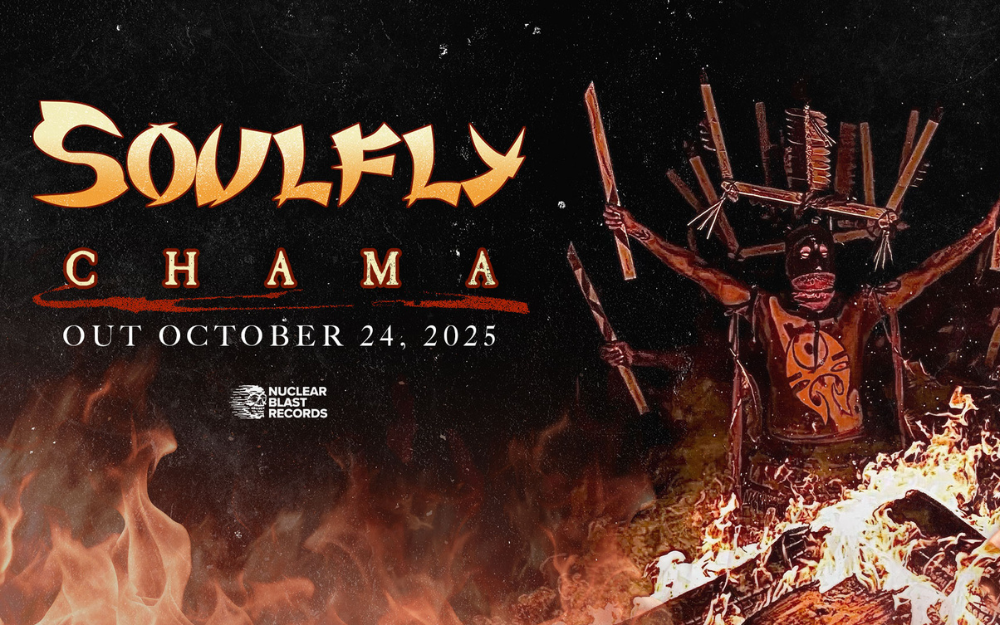When Bruce Willis’s family shared that he is now living with frontotemporal dementia, the news hit like a body blow. For millions, Willis is the voice of McClane yelling “Yippee-ki-yay,” the sly grin of David Addison in Moonlighting, the haunted psychiatrist in The Sixth Sense. To learn that the man who embodied so much wit and resilience is now facing a disease that robs memory and language is unbearably cruel.
I know from experience how merciless dementia can be. My grandmother suffered from it in her final years, and it was inhumane to watch her personality erode piece by piece. No one deserves that fate, not loved ones, not icons, not anyone.
And yet, as Willis’s present narrows, his past remains expansive. He was never only an action hero. He was also a musician who, in 1987, cut a Motown-backed blues-rock album that somehow went Gold and produced a Top 5 single. It was called The Return of Bruno, and it remains one of Hollywood’s strangest, most joyful detours.

Bruce Willis and the Pain of Dementia
The Willis family went public in 2022 when he retired from acting after an aphasia diagnosis. By early 2023, doctors had clarified the underlying condition: frontotemporal dementia, a degenerative disease that strips away language and cognition. In updates since, his wife Emma Heming Willis and daughters have framed their care as a collective effort, urging compassion and awareness.
Dementia may cloud the present, but it cannot erase legacy. And Willis’s includes far more than Hollywood.
The Return of Bruno: A Surprising Chapter
In January 1987, Willis released The Return of Bruno on Motown Records. Yes, the same Motown that gave the world Marvin Gaye and The Temptations. The album was accompanied by a tongue-in-cheek HBO “rockumentary” in which Willis played Bruno Radolini, a mythical bluesman who supposedly inspired everyone from The Beatles to Elton John.
The conceit was absurd, but the music wasn’t a joke. Willis had a baritone growl, a knack for harmonica, and enough charisma to carry songs that in other hands might have flopped.
Chart Success and Collaborations
The album’s lead single, a cover of The Staple Singers’ “Respect Yourself,” stunned the industry by climbing to No. 5 on the Billboard Hot 100. The record eventually went Gold. Willis also tackled “Under the Boardwalk” and “Secret Agent Man,” mixing playful covers with originals like “Jackpot (Bruno’s Bop).”

Part of its credibility came from the roster: Booker T. Jones, The Pointer Sisters, and The Temptations all contributed. Willis wasn’t slumming. He was backed by giants.
Legacy Beyond the Screen
While Willis would go on to anchor Die Hard, Pulp Fiction, The Fifth Element, and dozens of blockbusters, The Return of Bruno stands as a reminder of his willingness to take creative risks.
Few actors in their prime would dare release a blues album, let alone one tied to a fake rock legend. Willis did, and for a brief moment, it worked. He showed that his artistry wasn’t confined to scripts and sets. It spilled into music clubs, harmonica solos, and Motown grooves.
What It Means Today
Revisiting The Return of Bruno in 2025 carries a bittersweet weight. Fans can laugh at the HBO mockumentary, nod along to “Respect Yourself,” and remember the odd joy of the project. But it also underscores what dementia takes away: the ability of an artist like Willis to continue surprising us.
His family has called on fans to keep his legacy alive. That means watching Die Hard every Christmas. It also means dusting off a forgotten Motown LP where Bruce Willis played the blues with soul and swagger.
Final Word
Even as dementia dims his present, Bruce Willis’s past reminds us of a man who lived loudly, creatively, and without fear of taking risks. My grandmother’s decline taught me how devastating this disease can be. Remembering Willis through his work—whether it’s Die Hard or The Return of Bruno—is one way to honor both the joy he gave and the humanity of what he now faces.
As an Amazon Affiliate, The Rocktone may earn a small commission from the purchase of items within provided links (at no additional cost to you). Thanks for supporting The Rocktone!
Sources Cited
1. Bruce Willis’s Dementia Diagnosis and Health Updates
- The family’s official statement clarifying the progression from aphasia (2022) to frontotemporal dementia in 2023—published via the Association for Frontotemporal Degeneration—provides the core health context. People.com+15AFTD+15PMC+15The Daily Beast+14AFTD+14Good Morning America+14
- Details from The Guardian about his language decline and brain failing, as confirmed in the ABC special with Emma Heming Willis. Page Six+14The Guardian+14cinemablend.com+14
- The Wikipedia entry on Bruce Willis summarizing his retirement due to aphasia in 2022 and FTD diagnosis in 2023. The Guardian+15Wikipedia+15Page Six+15
- Health context referencing frontotemporal dementia’s characteristics and prevalence. Health+1
2. The Return of Bruno – Music Career
- Wikipedia’s album article confirms release in January 1987 under Motown, collaborators (Booker T. Jones, The Pointer Sisters, The Temptations), Gold certification, and peak charting of “Respect Yourself” at No. 5. nzherald.co.nz+8Wikipedia+8sessiondays.com+8
- Additional support for the “Respect Yourself” hit peaking at No. 5 from music charts and commentary sources. sessiondays.comsoulrideblog.com






